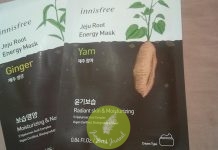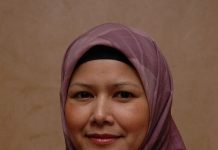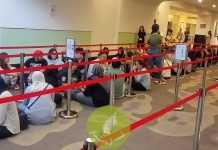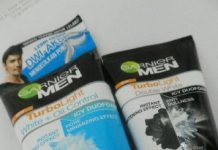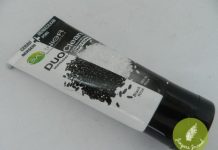
With the wide availability of food all day long in Malaysia, it’s no surprise to see people eating out during all hours of the day. There’s a very popular chicken rice/roast meat restaurant near my house and there’re always customers eating there or ordering takeaway from the time they open in the morning till they close at night.
Is it any wonder then to discover that Malaysia scored a mediocre 63 points out of 100 in the 2016 Healthy Living Index – the third wave of AIA’s landmark survey of over 10,000 adults across 15 countries in Asia Pacific. The 2016 survey also showed that the 751 Malaysian adults who participated in the survey scored lower (68) points than the regional average of 73 points when asked if they were satisfied with their health status.
Close to 70% of Malaysian adults felt their health was not as good as it was five years ago. Even more worrying is that 61% of adults under age 30 agreed with this sentiment, although this younger age group should be in the prime of their health. For the first time, the survey also uncovered obesity as a growing challenge for both adults and children.
Those surveyed recognized that healthy living involved a combination of physical elements such as getting sufficient sleep and eating healthy, as well as mental aspects such as maintaining a positive mindset and knowing how to reduce stress. Unfortunately, a key component of healthy living for many in other countries – exercise – did not even feature as one of the top drivers of healthy living among Malaysian adults.
Malaysians need guidance and motivation to get back on track. Perhaps we have too many distractions here which become excuses not to exercise. I know I am certainly guilty of not getting enough exercise. I dislike being outdoors, for one thing and if walking around in a mall whenever possible can be considered exercise, then I guess I am exercising.
Generally, many of us are guilty of unhealthy eating habits. With so many unhealthy snacks available especially fried foods, it’s easy to succumb and some of us succumb more than others. Having dinner late is also an unhealthy eating habit.
Obesity is one of the outcomes of unhealthy eating habits : six out of 10 Malaysians surveyed wanted to lose an average of 8.5kgs, which is considered substantial, placing Malaysia among the top three countries with the highest weight-loss targets. More than half (55%) of the survey participants in Malaysia were either pre-obese or obese, based on their Body Mass Index readings.
Equally worrying is that 17% of Malaysian parents wanted their children to lose at least 4.5kgs, indicating that unhealthy habits are steadily taking root even among the younger generation.
There is also a pre-conception that healthy food is more expensive (81%), does not taste very good (64%) and is harder to prepare (58%). Malaysian adults (69%) said they exercise regularly, they spend an average of 2.6 hours a week exercising – this is lower than the regional average of 3 hours and the minimum 3.5 hours a week recommended by most fitness experts.
Interestingly, Internet and smartphone usage showed up as the barriers that are preventing Malaysians from getting enough exercise and sleep. On average, adults here spent an average of 4.1 hours a day on the Internet for non-work related pursuits – one of the highest number of hours recorded in the region. This is a sharp contrast to the 2.6 hours a week Malaysians spend exercising.
Many (91%) Malaysian adults admit that they can definitely do more to improve their health. It’s encouraging that 75% said they have taken some small steps in that direction. Only 15% confessed that they have not done anything to improve their health.
Adults in Malaysia welcome guidance that would help them change one step at a time. AIA aims to play an active role in empowering and providing incentives to Malaysians to make sustained changes to their lifestyles on a daily basis so that we become a healthier nation.












